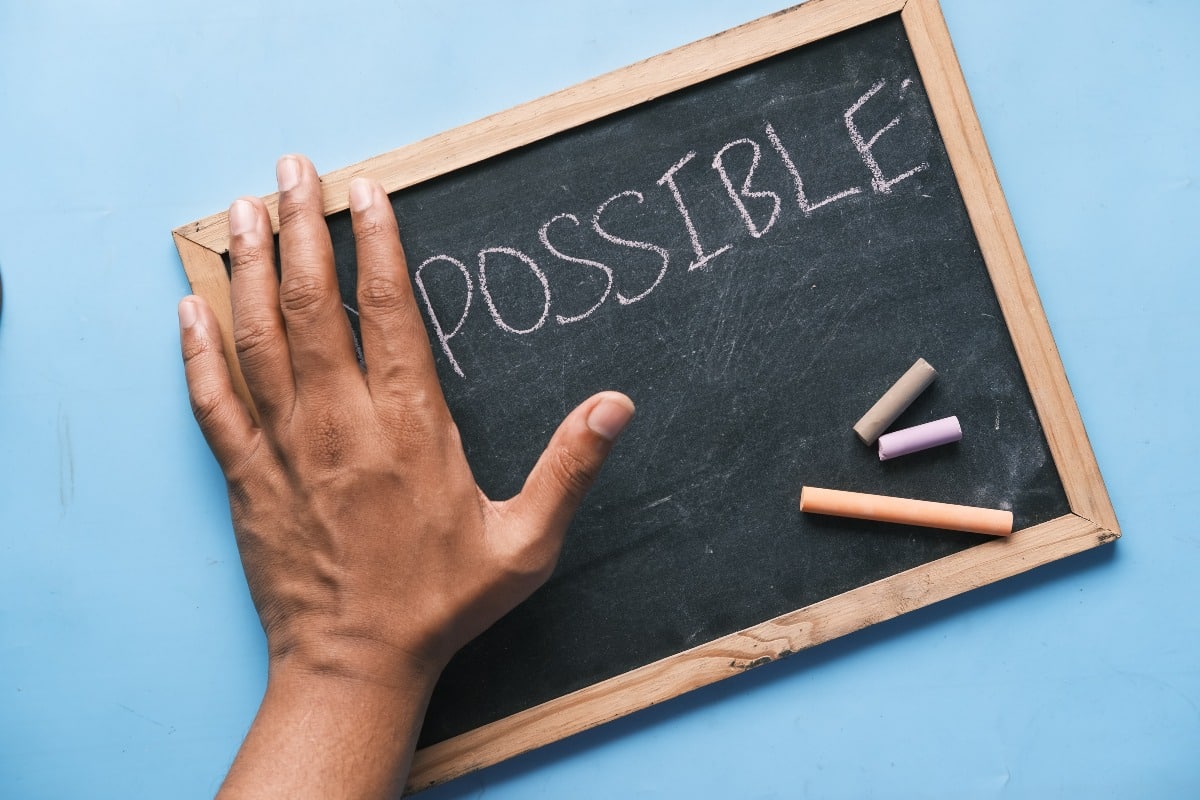What It Means to Become the Best Version of Yourself
Your recovery journey is about more than just maintaining sobriety. It requires you to change your lifestyle to manage your overall well-being. During your recovery journey, you will work towards changing your behaviors and managing your emotions to become the best version of yourself. Whatever that version of you may be.
The Best Version of Yourself
What is the best version of you? What does that mean? The best version of yourself will mean something different to everyone. You have to decide what the best version of yourself looks like. When you self-reflect, think: What would you want to change? Do you want a different job? Closer relationships? To feel more in control of your life? To be more confident?
Once you have a vague understanding of the best version of yourself, you’ll want to create goals to help you improve yourself. These goals might help you manage your emotions or create positive behaviors. The best version of yourself is not a personality makeover. You will always be you; it’s about using your strengths to your advantage and managing your weaknesses so that they interfere less with your personal and recovery goals.
Seeking Self-Improvement
Self-improvement takes self-reflection to understand how your unhealthy behaviors affect others or how your negative thoughts can damage yourself. You have to look inward and understand what you need to improve and how to improve it. It’s about gaining a healthier perspective on your life and learning to manage your emotions and thoughts. The best way to set goals for self-improvement is by using the SMART method to create specific, measurable, achievable, realistic, and timed goals.
Specifically, What Do You Want?
Creating goals that are specific means creating actionable goals. General goals do not lend you instructions on how to achieve your goal. Instead of creating a plan of action, they create wishful thinking. For instance, becoming the best version of yourself isn’t a helpful goal. It can serve as good guidance on your recovery journey but does not lend itself to action. The idea of being the best version of yourself must be broken down into smaller, more specific goals.
For instance, exercising, becoming more involved in your community, or repairing a broken relationship are specific goals that can set forth a plan of action. However, even these should be broken down into more specifics. Creating goals like taking a twenty-minute walk every morning, attending a community event, or writing down your feelings in a letter to your loved one might be more helpful.
How to Measure the Best Version of Yourself?
The truth is you can’t measure the best version of yourself. It’s an unquantifiable goal because it’s something that you are constantly working towards. So you must create measurable goals. When you quantify your goals, you make it easier to see your progress.
For instance, if your goal is to journal more, you must define what “more” means. Do you want to journal more frequently or journal longer? How much more frequent and how much longer? To measure this goal, you’ll have to quantify that you want to journal for 30 minutes weekly. This measurable goal will allow you to see your improvement and motivate you to achieve it.
Celebrating Your Achievements
You want to create goals that you can put a checkmark next to and say, “Yes, I did it.” A sense of accomplishment can be the best motivator to bring you closer to your bigger, loftier goals. You want your smaller, specific, measurable goals also to be achievable. For instance, you can’t save the world from hunger, but you can volunteer at a food bank. Not only should your goals be achievable, but they should also feel like something you’re capable of accomplishing. For instance, if exercising 30 minutes a day seems overwhelming, pair it down to 20 minutes or 10. Failure to achieve your goal doesn’t mean that you’re a failure. It means that you may need to create a more achievable goal.
Is it Realistic for Where You Are Now?
Your goals should be realistic to where you are in your recovery journey. If you haven’t talked to a loved one in years, being able to open up to them about your recovery may not be a realistic goal for you right now. Instead, your goal might be to give the person a phone call and express that you want to rebuild your relationship with them. Opening up to the person about your recovery may be an end goal, but there may be several other goals you need to accomplish to achieve your end goal realistically.
Give Yourself a Deadline
Once you check that your goals are specific, measurable, achievable, and realistic, you want to make sure that your goals are also timed. Giving yourself a deadline will mitigate procrastination and remind you to check in with your goal-setting plan. Goal setting must be flexible; as your life changes, you’ll find that some goals might not be as specific, measurable, achievable, or realistic as you thought. Readjust your plan if you don’t accomplish your goal by its deadline. Think about making your goals easier to complete and then set a new deadline.
Using the SMART method to create your goals will help you become the best version of yourself. Becoming the best version of yourself is life long journey, and so is recovery. The mental health professionals at Restoration Recovery Center can help you set goals to become the best version of yourself. We understand that you are a complex person and are eager to work with you to create a treatment plan that best suits your needs. If you or someone you know is struggling with substance use, please call (888) 290-0925 to learn how we can help you achieve long-term sobriety through treatments that focus on the body, mind, and spirit.






